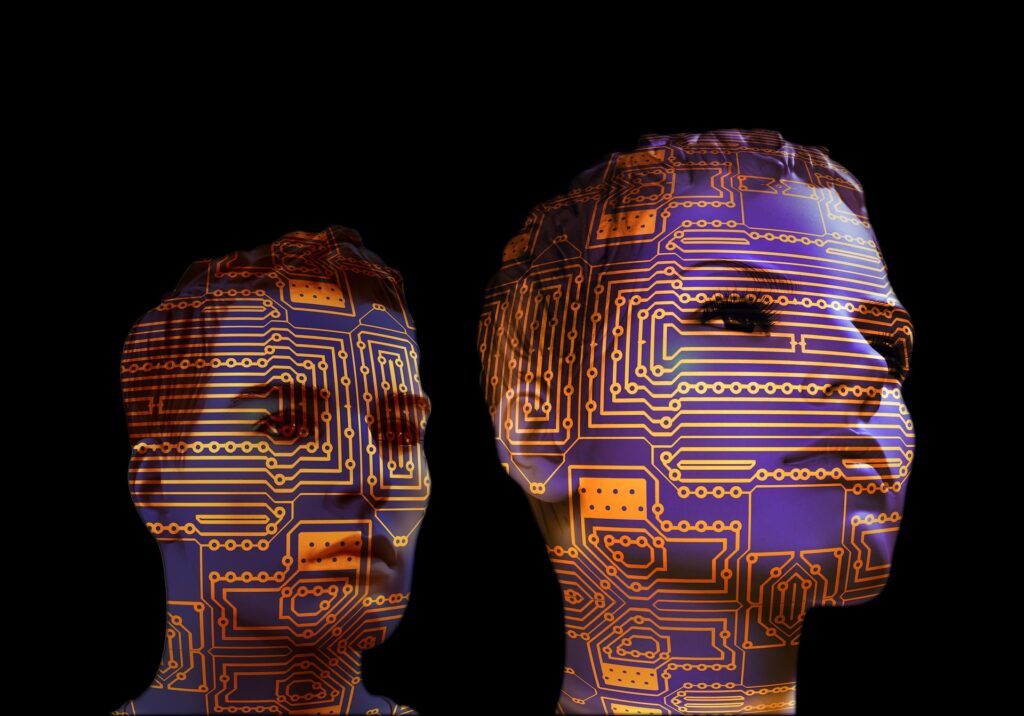<p>Artificial intelligence (AI) is having a positive impact on the digital workplace. Despite many concerns regarding job redundancies and shift in enterprise priorities, recent research study from an international auditing company PwC indicates that, far from making some jobs obsolete or hindering employees, artificial intelligence will help employees achieve business objectives and goals more effectively and quicker. However, to do that, companies have to invest in various types of AI.</p>
<p>As per recent data from MetLife, 56% of employers have a positive view of artificial intelligence (AI), and other automation technologies such as analytics and even robots. On the other hand, just 20% of the 2,501 subjects surveyed expressed they were pessimistic regarding the impact of artificial intelligence and its impact on their entrepreneurial role.</p>
<p>These two studies show that AI will have a positive impact on the workplace. Here are five reasons why.</p>
<h2>1. Improving Staff Morale</h2>
<p>Many industry experts view AI as a threat in the modern workplace. That being said, AI could also enhance employee experience in several ways. Leveraging an extensive variety of internal data, like employee reviews, exit interviews, and pulse scores, artificial intelligence could regularly monitor employee morale, and allow organizations to adjust their policies and practices as needed, reduce high turnover, and better engage workers.</p>
<h2>2. Automation of Repetitive Tasks</h2>
<p>We often label the term AI to automation as well as low-value tasks altogether; however, it is not completely true. It will also play a key role in high-value and non-repetitive tasks. Artificial intelligence is taking care of these tasks while allowing the HR personnel to devote more time to strategic ones.</p>
<p>Some tasks are better left automated whether it is provisioning a device or allocating space. Not to mention the lengthy list of typical HR requests and questions. The employees will be more geared toward strategic and creative work that adds more value to their company and drives it forward.</p>
<h2>3. Need to Hire for AI</h2>
<p>In almost the same manner that the digitalization of the workplace spawn millions of new jobs, especially in IT and related business functions, artificial intelligence will bring forth its new classification of exciting jobs across teams through outsourcing platforms. As this technology permeates all business units, from sales and marketing to manufacturing and finance, its growth would trigger the creation of millions of well-paying and highly-skilled positions across every industry.</p>
<h2>4. Control Information Overload</h2>
<p>As per a survey performed by Dimensional Research and Texas-based M-Files, almost 50% of employees said they tend to struggle with documents and content that are scattered in disparate locations in their organization.</p>
<p>The copious amounts of data generated daily are a nightmare for many employees, and this is where artificial intelligence comes in. New and exciting developments in AI are setting the stage for an intelligent and savvy digital assistant that’s designed to help workers perform data-oriented tasks — like prioritizing emails on the basis of urgency, proactively attaching content to emails and balancing workflows.</p>
<p>AI can also automatically analyze and study metadata tags as well as relationships in order to apply context to information, and thereby eliminate the need for workers to manually categorize content.</p>
<h2>5. No Bias</h2>
<p>Unconsciously or consciously humans are usually inclined in one way or another toward certain biases. This is simply because of our human nature which is susceptible to error when it comes to taking decisions.</p>
<p>Although there are a lot of professionals who can limit the adverse effects of human biasing, artificial intelligence is not biased at all. This is why in a recent study involving 350 human resource leaders, it was noted that over 90% believe that chatbots are very effective and efficient in the corporate world.</p>
<p>Because of their human-friendliness and neutrality, employees tend to feel more comfortable and open-minded reporting inquiries to chatbots. According to some predictions, by 2020, artificial intelligence chatbots will be adopted globally at a 75 percent rate, which is a huge change in a span of less than 2 years.</p>
<h1>Final Thoughts</h1>
<p>In summary, while the advent of the artificial intelligence age creates an apparent “struggle” between machines and humans and may replace jobs, it will also create amazing opportunities for new talent who can develop, apply as well as optimize various AI technologies. It requires employees with strong communications skills who can leverage their high-level technical achievements in their professional life.</p>

5 Ways Artificial Intelligence is Affecting Employment
